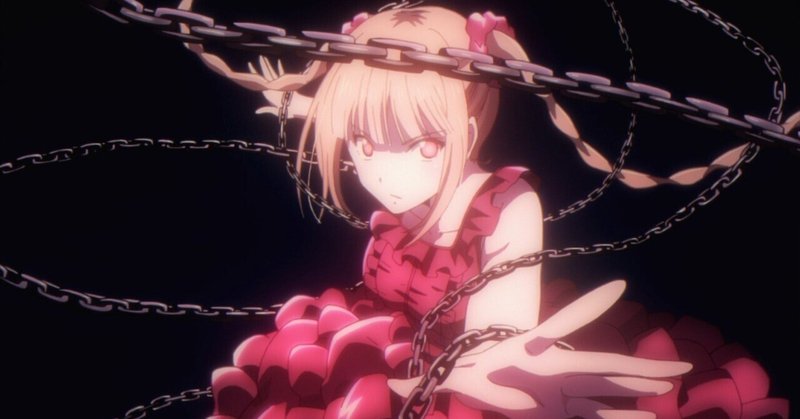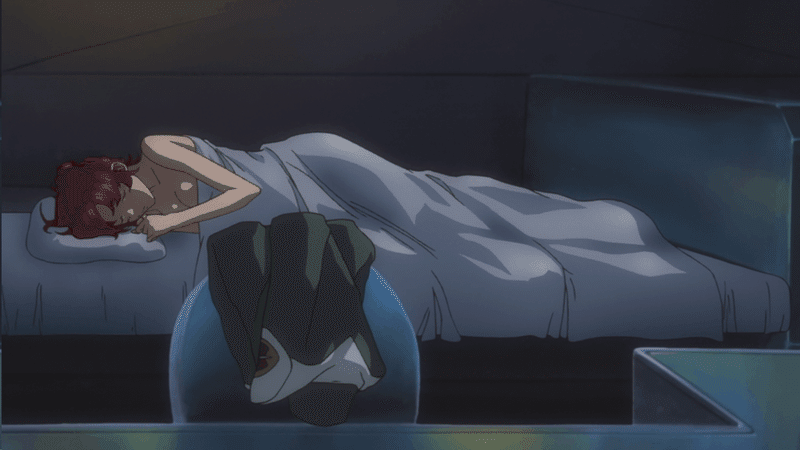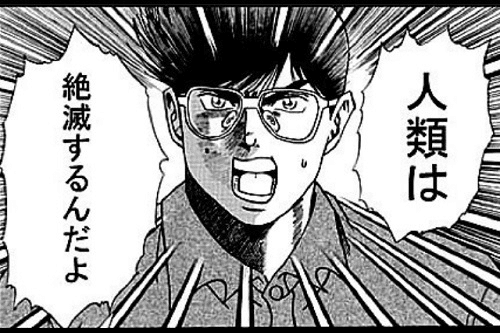
ダーウィンはそんなこと言ってないのです!
「唯一生き残ることができるのは、変化できる者である」
ダーウィンが言ったとされるこの言葉は、自己啓発系のセミナーや記事などでよく使われ、ついには政治の場面でも引用されました。
しかしこれは彼自身の進化論に照らし合わせてみると、そんなことは言っていないというのは明らかです。
ダーウィンでなければ誰が言ったのかというと
The earliest relevant evidence known to QI appeared in a speech delivered in 1963 by a Louisiana State University business professor named Leon C. Megginson at the convention of the Southwestern Social Science Association. The text of his address was published in the quarterly journal of the association. Megginson presented his own idiosyncratic interpretation of the central idea outlined in Darwin’s “On the Origin of Species”. Megginson did not use quotation marks, and the phrasing was somewhat repetitive. Boldface has been added to excerpts:[2]
レオン・C・メギンソンという経営学者なのです。
Yes, change is the basic law of nature. But the changes wrought by the passage of time affects individuals and institutions in different ways. According to Darwin’s Origin of Species, it is not the most intellectual of the species that survives; it is not the strongest that survives; but the species that survives is the one that is able best to adapt and adjust to the changing environment in which it finds itself. Applying this theoretical concept to us as individuals, we can state that the civilization that is able to survive is the one that is able to adapt to the changing physical, social, political, moral, and spiritual environment in which it finds itself.
一文ずつ見ていくのです。
Yes, change is the basic law of nature.
変化は自然の基本的な摂理なのです。
But the changes wrought by the passage of time affects individuals and institutions in different ways.
長い時間をかけた変化は、個人と制度には異なる影響を与えるのです。
According to Darwin’s Origin of Species,
ダーウィンの『種の起源』に倣うのです。著作の引用ではないのです。

it is not the most intellectual of the species that survives;
「それ」とは、生き残る種のうちの最も賢いもののことではない。
it is not the strongest that survives;
「それ」とは、生き残る最も強いもののことではない。
この二つは「それ」の定義で、最も賢いとか最も強いとかではない、個体それぞれのことなのです。
but the species that survives is the one that is able best to adapt and adjust to the changing environment in which it finds itself.
しかし生き残る種とは、変化する環境に最も適応し調整できる種のことである。その環境においては「それ」は「それ自身」を見出す。
個体それぞれが「それ自身」を見出すことができるのは、変化のある環境においてのみなのです。
Applying this theoretical concept to us as individuals,
speciesを文明、itを個人のことだとすると
we can state that the civilization that is able to survive is the one that is able to adapt to the changing physical, social, political, moral, and spiritual environment in which it finds itself.
生き残ることができる文明とは、変化する環境に適応できる文明のことだといえる。物理的(身体的)・社会的・政治的・道徳的・精神的なその環境においては個人は自分自身を見出す。
戻って
But the changes wrought by the passage of time affects individuals and institutions in different ways.
変化は個人には自分自身を見出させ、文明には適応させるのです。最つよ人間でなくても自立した個人でいられる文明だけが生き残ることができるのです。なぜなら大勢の自立した個人だけが文明を柔軟にするのです。
生物学類に入ってしまった私も、いわば環境に合わない突然変異体のようなものでした。「生命とは何か」という抽象的な問題を理屈で考えたいのに、周囲は具体的な生き物が好きで、その細かい違いばかりを問題にする人だらけ。そこで自分の特徴を生かす道を探したわけではないので、キリンの祖先とはちょっと事情が違いますが、「環境に合わせて生き方を変える努力」をした点は似ています。
よく「自分の生き方は自分で決めろ」などと言いますが、現実はなかなかそうもいきません。キリンの祖先だって、そもそも自分で首を長くしようと思ったわけではない。ちょっとした手違いで、そんな体に生まれてしまっただけです(私もちょっとした手違いで生物学者になってしまいました)。しかも、周囲の環境に高い木がなければ、その体を生かすこともできなかったでしょう。進化とは、そういうものです。
もちろん私たちホモ・サピエンスも、偶然と環境によって現在の姿に進化しました。そう考えると、人生、自分で決められることが少ないとしても当然のような気もしてきます。「今いるところで頑張りなさい」という言葉が重みを持つのは、途方に暮れていた18歳の私だけではないのかもしれません。(強調原文)
現代文明は生き残れないのです。心温まる話なのです。

この記事が気に入ったらサポートをしてみませんか?
